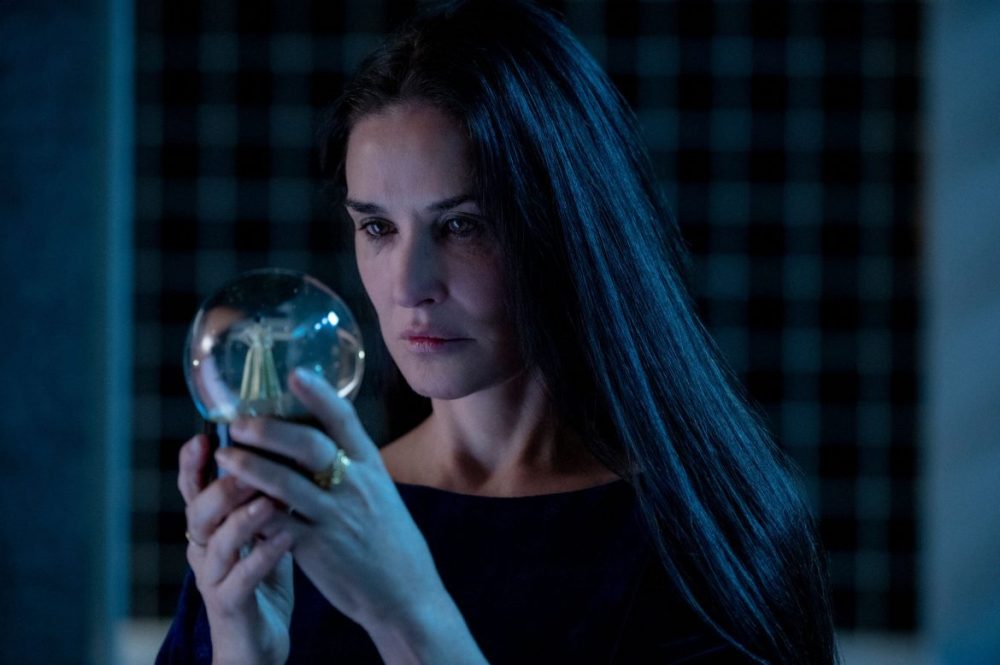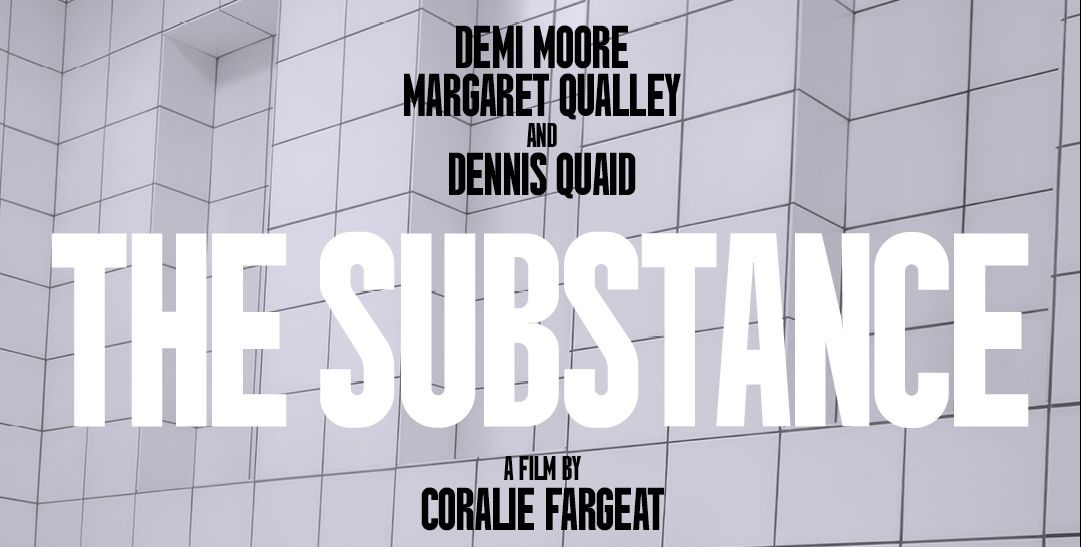TL;DR
Coralie Fargeat's "The Substance" is a visually stunning, brutally violent, and thought-provoking film that pushes boundaries. Starring Demi Moore and Margaret Qualley, it tells the story of an aging TV star who uses a revolutionary serum for a younger, perfect version of herself. Expect extreme body horror, a relentless pace, and powerful performances that explore themes of beauty, aging, and compromise. This film is a cinematic masterpiece that demands to be seen on the big screen. Dive into the full review to discover why it's a must-watch!
At the press screening of The Substance, I found myself noticeably younger than most attendees, perhaps by two decades. Entering Bio Capitol, I caught the glances of other critics, likely questioning my presence. Dressed casually in a hoodie, overalls, cap, and sunglasses, I might not have appeared the typical film reviewer. While I can only speculate on their thoughts, perhaps they reminisced about their own twenties, a time of abundant choices and years stretching ahead. This observation felt particularly relevant preceding a viewing of The Substance.

Coralie Fargeat, known for directing the compelling rape-revenge film Revenge (2017), returns with The Substance, exceeding expectations. The film features a stellar ensemble cast, including Demi Moore, Margaret Qualley, and Dennis Quaid, in a fast-paced, violent, visually striking, and thought-provoking narrative.
Elisabeth Sparkle (Demi Moore), the celebrated star of a popular TV aerobics program, is abruptly terminated on her 50th birthday by a grotesquely compelling Dennis Quaid. Following a car accident, a young nurse secretly provides Elisabeth with a flash drive labeled “The Substance.” This contains information about a mysterious supplier’s invention: a serum that promises a younger, more beautiful, and “perfect” version of the user upon injection, while maintaining a connection between the two forms. After careful consideration, Elisabeth orders the product, which comes with three fundamental guidelines. Inevitably, these guidelines are broken, setting the stage for what is arguably one of the year’s best films.

Clocking in at two hours and twenty-one minutes, the film maintains a relentless pace that captivates from beginning to end. The narrative surges forward with intense energy, amplified by heavy bass music, wide-eyed performances, vivid colors, and visceral imagery. Demi Moore delivers a career-defining performance, showcasing remarkable vulnerability and commitment. Her acceptance of the script undoubtedly required significant courage, given the demanding nature of the role.
Similarly, Margaret Qualley (Once upon a Time In Hollywood) consistently delivers strong performances. Under Coralie Fargeat’s sharp direction, Qualley’s talent is amplified, solidifying her position as an actress to watch.

The Substance is undeniably grotesque and violent; however, beneath the surface of flesh and blood lies deeper thematic exploration. The film tackles complex issues: Should we accept compromise? Should we avoid dwelling on the past? Should we prioritize inner substance over superficial appearance? The film raises these questions without sacrificing narrative momentum or focus, showcasing masterful and uncompromising storytelling.
Throughout the film, I repeatedly anticipated its limits, only to be surprised by its continued escalation. The fact that this film was even produced is remarkable, given its inherent risks. A misstep could have resulted in failure; however, the film’s success and exceptional execution are undeniable. The ending credits leave a lasting impression.

As a horror film, The Substance excels, featuring special effects makeup that would undoubtedly impress genre veterans such as Rob Bottin and Nick Benson. The film delivers unsettling and grotesque body horror, with scenes of disfigurement, duplication, and flaying. The finale rivals the bloodiest films ever made, reminiscent of Braindead.
Coralie Fargeat faces considerable pressure with her next project, as The Substance is a genuine masterpiece. This film demands a cinematic experience: a large screen, immersive sound, and an environment free from distractions. This is cinema in its purest form, surpassing the output of many contemporary Hollywood productions. Whether you attend alone, with a companion, or in a group, The Substance is a must-see.

